In Antonio, our Book Club selection for March, acclaimed Brazilian writer Beatriz Bracher uses the mystifying, sustaining story of one family’s tragedy to paint a larger portrait of a tumultuous nation’s political and sociological landscape, reverberating through the discrete lives of its citizens. Constructed in a triad of narratives and rich with the fullness of voices in distinct oration, Antonio is both an electrifying mystery and a carefully constructed study of inheritance. In the following interview, Assistant Editor Nicole Bilan discusses with translator Adam Morris about the rigors and pleasures of translating this multifarious, scrupulously woven text.
The Asymptote Book Club aspires to bring the best in translated fiction every month to readers around the world. You can sign up to receive next month’s selection on our website for as little as USD15 per book; once you’re a member, you can join the online discussion on our Facebook page!
Nicole Bilan (NB): I’m going to be really reductive with my first question and say that Antonio is like a book of stories—or various perspectives of the same story—and this makes it quite difficult to kind of pin down its continuity. How did you navigate this ambiguity, that dynamic of mystery?
Adam Morris (AM): Well, one thing that helped was that I actually decided not to read the novel the whole way through before translating it. When New Directions accepted my initial proposal to translate I Didn’t Talk, they wanted to make sure that they had a follow-up. I recommended Anatomy of Paradise (2015), the author’s most recent novel, but the editors decided on Antonio, which I had only sampled for the purposes of writing the proposal. After reading about four or five chapters, I decided that if there was a chance I going translate Antonio, I wouldn’t want to know the explanations behind the novel’s central family secret as I worked; I wanted to find out as I was translating, to see if I could replicate that sense of not-knowing the reader is supposed to experience. So that’s what I did.
NB: That is an absolutely incredible thing to do, because even encountering it as a reader, you’re just constantly thinking: Wait, hold on, hold on, I’m lost. And then it hits you all at once. So how did you find it looking back in retrospect, trying to untangle those pieces of information—how did you refine something that’s so messily constructed in a way?
AM: I think “tangle” and “untangle” are the right verbs to use here; that was what it felt like to be working with the three narrators of Antonio. The way this novel is constructed, the voices aren’t interwoven. They’re tangled. It feels deliberately very messy, as you said; there’s conflicting information disclosed by the three voices as they evolve throughout, each becoming more familiar with their silent interlocutor, Benjamim. And one of the ways that I handled the untangling of these competing strands was to look at the novel in continuity, with each voice isolated, to see how they individually evolved without interference from the others—it’s almost impossible, of course, because their interlocutor transmits portions of each of their stories to the others, and they respond accordingly. So I tried to look at the story as a whole, and then as discrete narrative lines, and then finally reconstructed a synthesis with my revisions. But for the first draft, I just went straight through; I wanted the conversational approach that Bracher adopts to feel as natural as possible. That’s why, when I’d first started reading the novel, I knew I needed to stop. I wanted to preserve and capture the narrative effects. READ MORE…

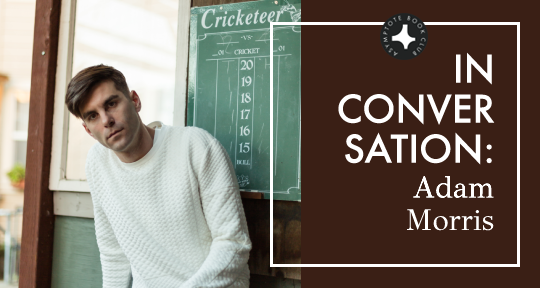
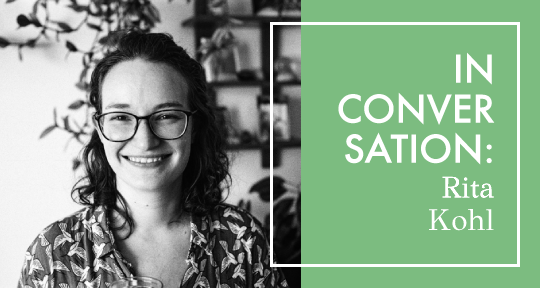

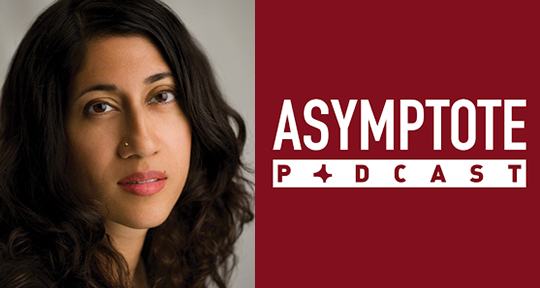
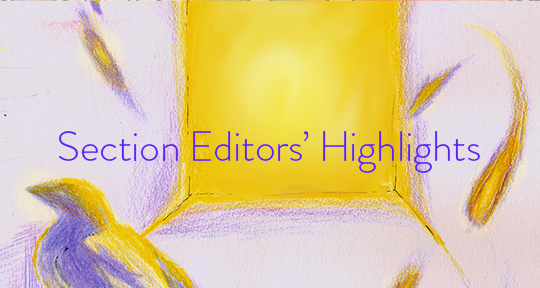
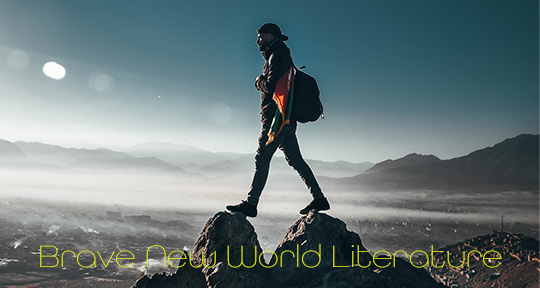
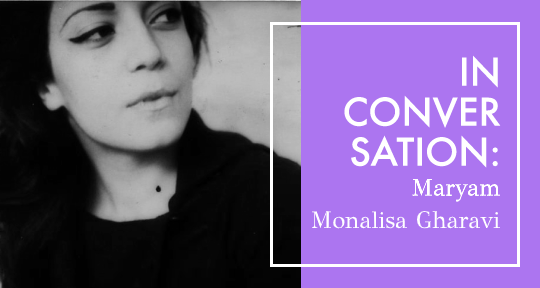
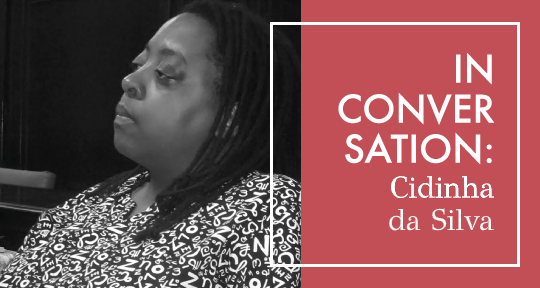
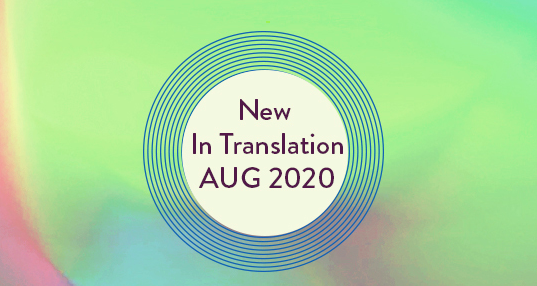
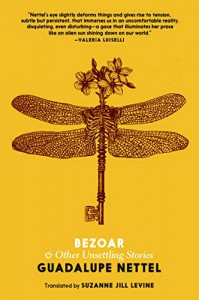

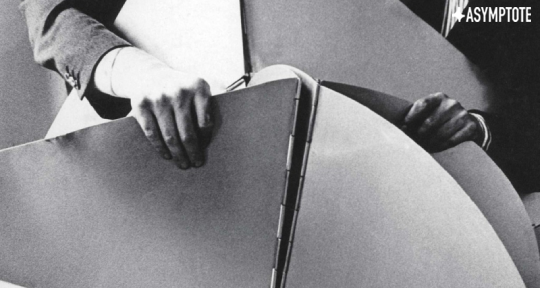
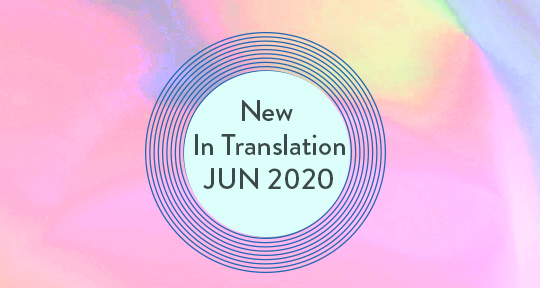
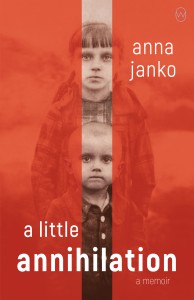
Translation Tuesday: “Marigô” by Cidinha da Silva
“Can I call you marigô, too?”
A lexical misunderstanding leads to a hilariously awkward exchange in Cidinha da Silva’s “Marigô,” our selection for this week’s Translation Tuesday. “Marigô” is an exemplar of the crônica form, a uniquely Brazilian genre of journalistic writing that combines slice-of-life anecdotes with (often ironic) social commentary. Cidinha da Silva, one of Brazil’s most dynamic and prolific contemporary writers and cronistas, utilizes the third-person present tense to capture the conversational nature of the form, mimicking the complex rhythm and set-up of a joke. Here the punchline not only provides laughs, but also a wry statement on Afro-Brazilian identities and the cultural importance of language.
Samantha worships her friend Dandara—for her beauty, her culture, her intelligence, her knowledge of the world, and, above all, her integrity of purpose. Samantha views Dandara as an activist even when talking with her mother on the phone. Every time Dandara calls—which isn’t just once a day—she greets her mother with an “Oi oi oi, Marigô, calling just to say hello!”
Samantha’s face lights up every time. Somehow she got it in her head that Marigô meant “mother” in Yoruba. At home, she wrote down the word in her small dictionary-diary, where she’s been recording the African words that circulate daily in Brazil. She has a ton already—it’s just a matter of finding the right time to start using them in her stories. Dandara thinks her co-worker is an Afro-nut, the kind of person who wants to transform anything and everything into an episode of African rebirth.
On Dandara’s birthday, her mother decides to surprise her and shows up at her work to take them to Rhinosaurus’s, her daughter’s favorite fast food joint. While waiting for her daughter in the parking lot, she amusingly reads Barack Obama’s biography. Samantha ends up leaving work before Dandara; when she sees two black hands behind a steering wheel holding a copy of the biography of the president of the United States, she goes Afro-nuts. Only a fascinating person would read such a book, she thinks. She has to introduce herself, has to get to know that woman so she can soak up all of her knowledge. READ MORE…
Contributors:- Ana Luiza de Oliveira e Silva
, - Daniel Persia
; Language: - Portuguese
; Place: - Brazil
; Writer: - Cidinha da Silva
; Tags: - anecdotes
, - Brazilian literature
, - Journalism
, - social commentary